The White House has ordered a halt to all business transactions between US entities and Venezuela, saying it will reimpose sanctions on the South American oil giant in April if President Nicolas Maduro's government fails to comply with an election deal signed last year.
Specifically, the US Treasury Department on January 29 set a deadline for US entities to end transactions with Venezuela's state-owned mining company Minerven of February 13. The US State Department said on January 30 that Washington has no plans to extend the license that allows Venezuelan oil to flow freely to selected destinations after the license expires on April 18.
Protest against “rude ultimatum”
The United States has been increasing pressure on Caracas since Venezuela's Supreme Court last week upheld a ban on leading opposition candidate Maria Corina Machado from running in Venezuela's presidential election scheduled for the second half of this year.
Venezuela has sharply criticized the US move, warning that Caracas could suspend repatriation flights for Venezuelan migrants in the US without valid documents.
“All of Venezuela rejects the blackmail and the rude and inappropriate ultimatums of the US government,” Venezuelan Vice President Delcy Rodriguez said on X/Twitter on January 30.
“If they take the wrong step to intensify their economic aggression against Venezuela… as of February 13, repatriation flights for Venezuelan migrants will be canceled immediately,” Ms. Rodriguez warned.
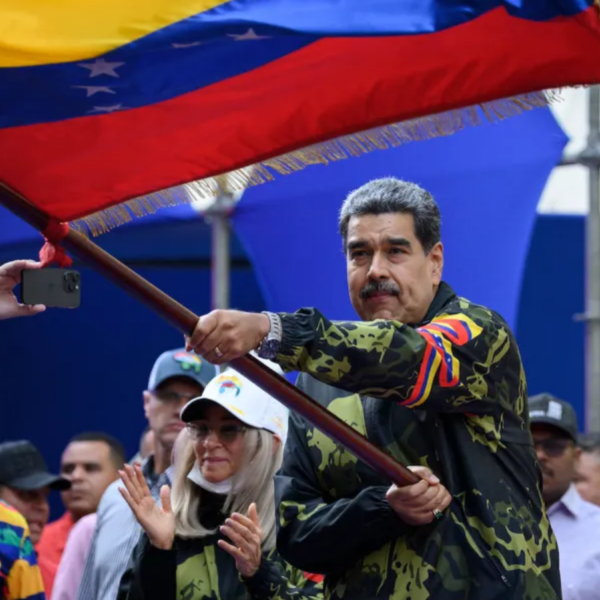
Venezuelan President Nicolás Maduro waves a Venezuelan flag during a rally in support of his government in Caracas, January 23, 2024. Photo: Getty Images
The US began repatriating Venezuelan migrants on charter flights last October, following an agreement between Mr Maduro and US President Joe Biden for the “orderly, safe and legal repatriation” of undocumented Venezuelan migrants.
Ms. Rodriguez also said that all other areas of cooperation would be considered as a countermeasure to the US “deliberate attempt to deal a heavy blow to the Venezuelan oil industry.”
The United States, which first imposed oil sanctions on Venezuela in 2019, eased sanctions on the OPEC member in October 2023 in recognition of an agreement signed in Barbados with President Maduro's government that included the release of political prisoners, access to international observers and conditions for a fair presidential election in the South American country.
Never "kneel"
Thanks to the easing of sanctions, Venezuela is expected to increase its total oil revenue to $20 billion this year from $12 billion in 2023, according to Caracas-based consultancy Ecoanalitica.
Venezuelan oil prices have risen significantly, and payments have become easier for the state-owned oil company PDVSA. All of this benefits President Maduro, according to Francisco Monaldi, director of the Latin American Energy Program at Rice University’s Baker Institute.
Tanker tracking data shows that oil exports from PDVSA and its joint venture partners rose nearly 13% to an average of 700,000 barrels per day last year, while Venezuela’s crude production rose 9% to 783,000 barrels per day. The company has re-established relationships with some of its former key customers.
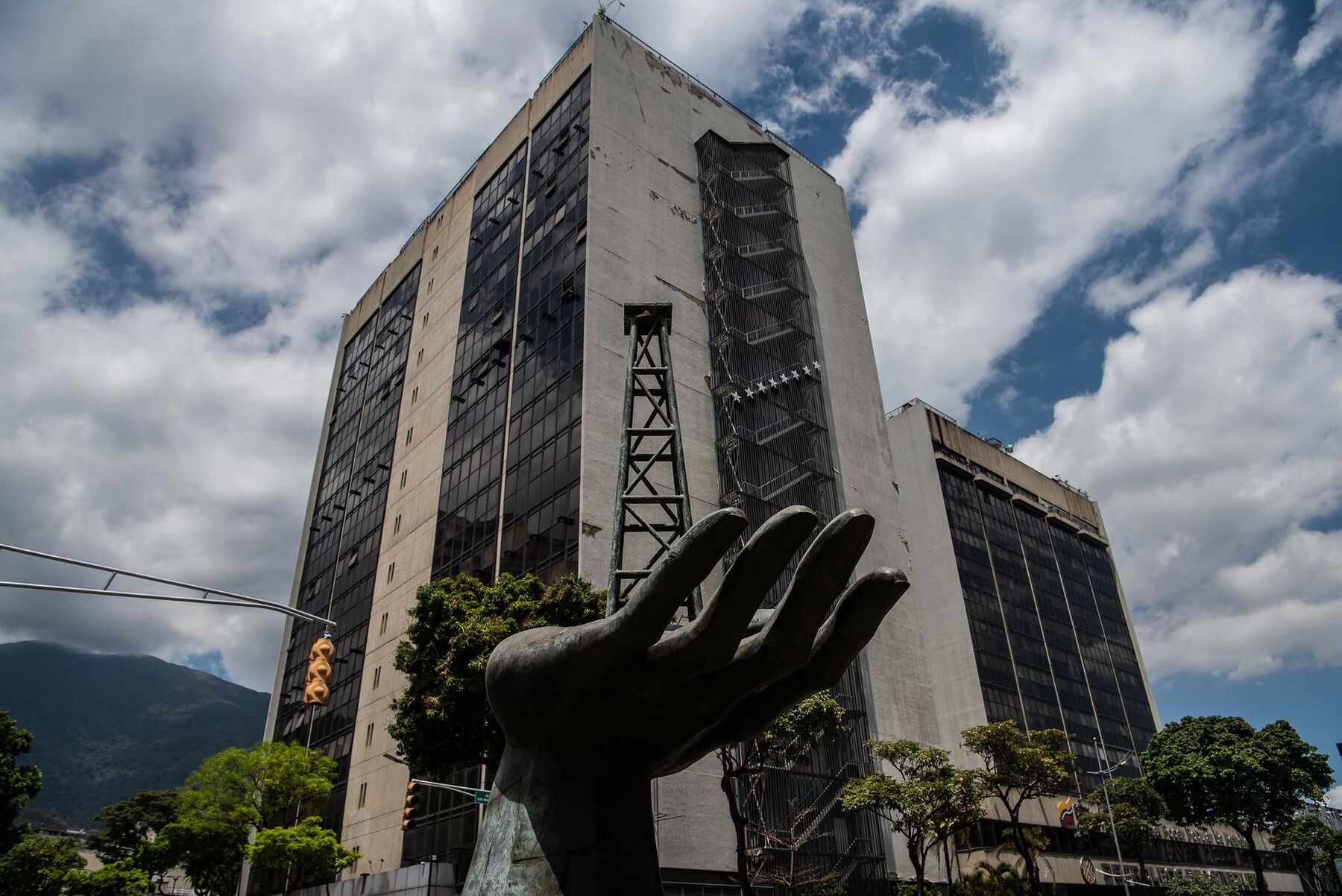
The headquarters of PDVSA, Venezuela's state-owned oil company, in Caracas. Photo: Bloomberg
The easing has boosted oil revenues, boosting Venezuela's gross domestic product (GDP) by 5% by 2023. It also paved the way for Venezuela to plan its first expansion of public spending in years to appeal to voters.
“If the license is withdrawn by the US in April, Venezuela’s revenues will fall again and the scenarios of strong economic growth and a competitive election will fade again,” Monaldi said.
Venezuela is prepared for all scenarios, including the re-imposition of US sanctions on the country's crude oil and gas exports, Venezuelan Oil Minister Pedro Tellechea said.
The United States would also feel the impact of any reimposed energy sanctions on Venezuela, Tellechea told reporters, adding that the country would not “bend its knees” to US pressure.
However, according to Reuters sources, Mr. Tellechea's message did not appease companies planning to buy Venezuelan oil and partners for energy projects in Venezuela .
Minh Duc (According to Al Jazeera, Reuters)
Source


![[Photo] President Luong Cuong presents the decision to appoint Deputy Head of the Office of the President](https://vphoto.vietnam.vn/thumb/1200x675/vietnam/resource/IMAGE/2025/5/8/501f8ee192f3476ab9f7579c57b423ad)
![[Photo] General Secretary concludes visit to Azerbaijan, departs for visit to Russian Federation](https://vphoto.vietnam.vn/thumb/1200x675/vietnam/resource/IMAGE/2025/5/8/7a135ad280314b66917ad278ce0e26fa)

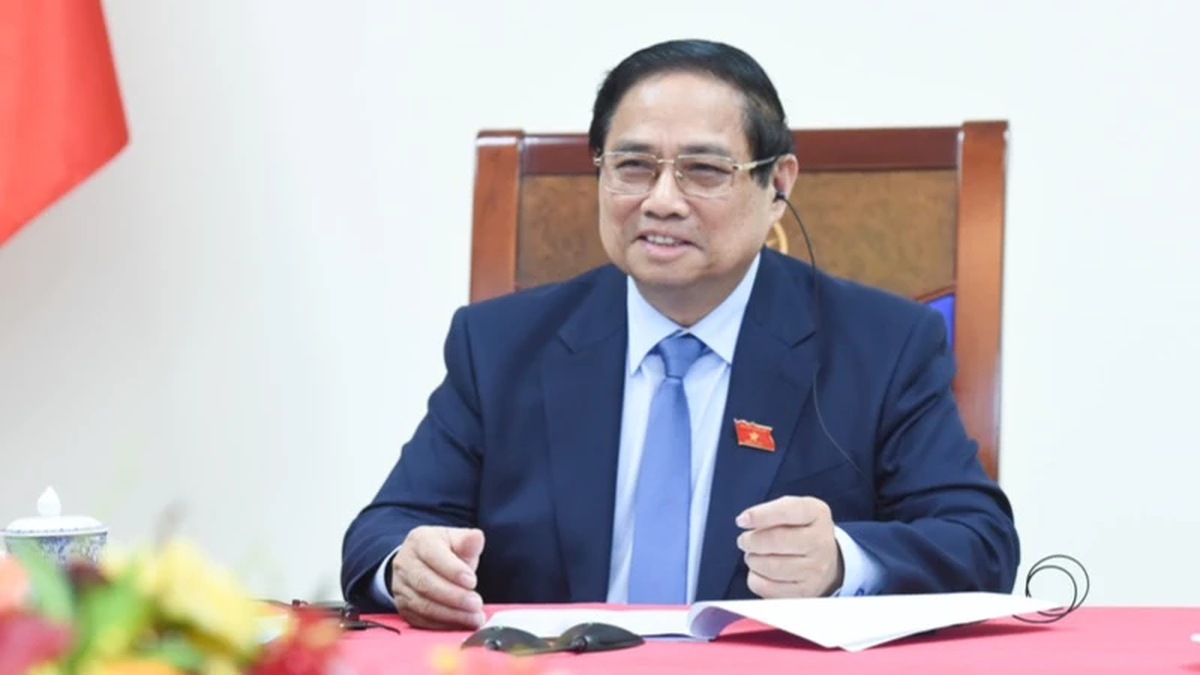
![[Photo] Prime Minister Pham Minh Chinh meets with the Policy Advisory Council on Private Economic Development](https://vphoto.vietnam.vn/thumb/1200x675/vietnam/resource/IMAGE/2025/5/8/387da60b85cc489ab2aed8442fc3b14a)
![[Photo] National Assembly Chairman Tran Thanh Man chairs the meeting of the Subcommittee on Documents of the First National Assembly Party Congress](https://vphoto.vietnam.vn/thumb/1200x675/vietnam/resource/IMAGE/2025/5/8/72b19a73d94a4affab411fd8c87f4f8d)


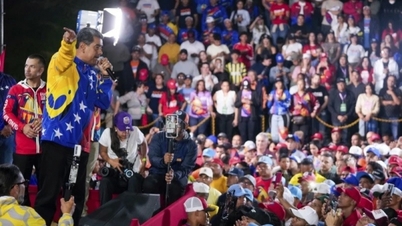

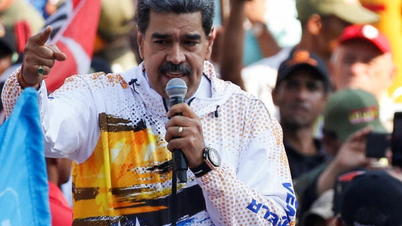
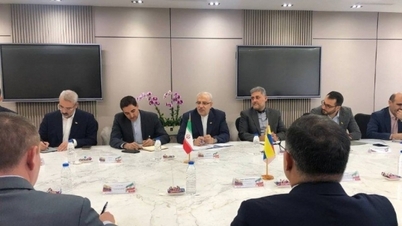





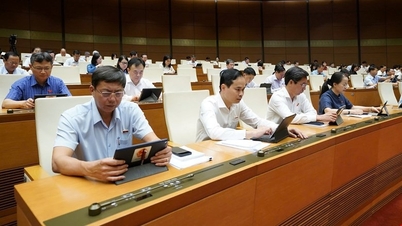










































![[Photo] Prime Minister Pham Minh Chinh talks on the phone with Singaporean Prime Minister Lawrence Wong](https://vphoto.vietnam.vn/thumb/402x226/vietnam/resource/IMAGE/2025/5/8/e2eab082d9bc4fc4a360b28fa0ab94de)



















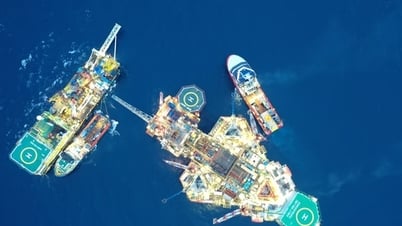













Comment (0)